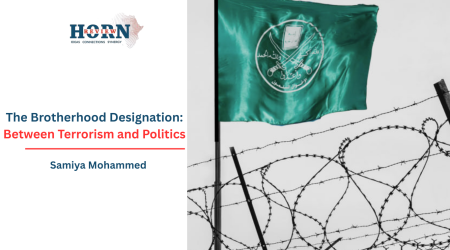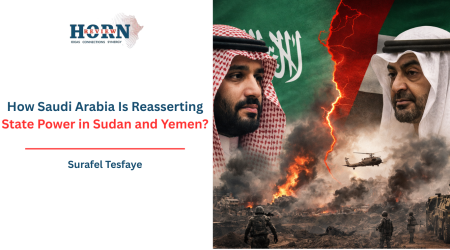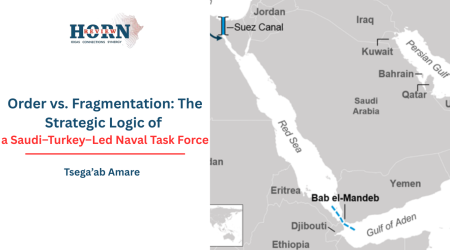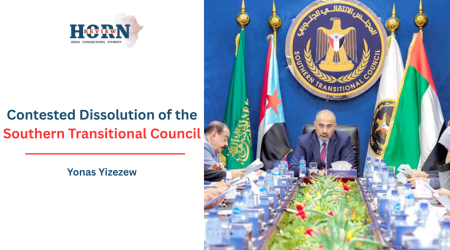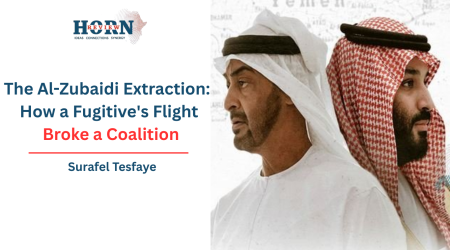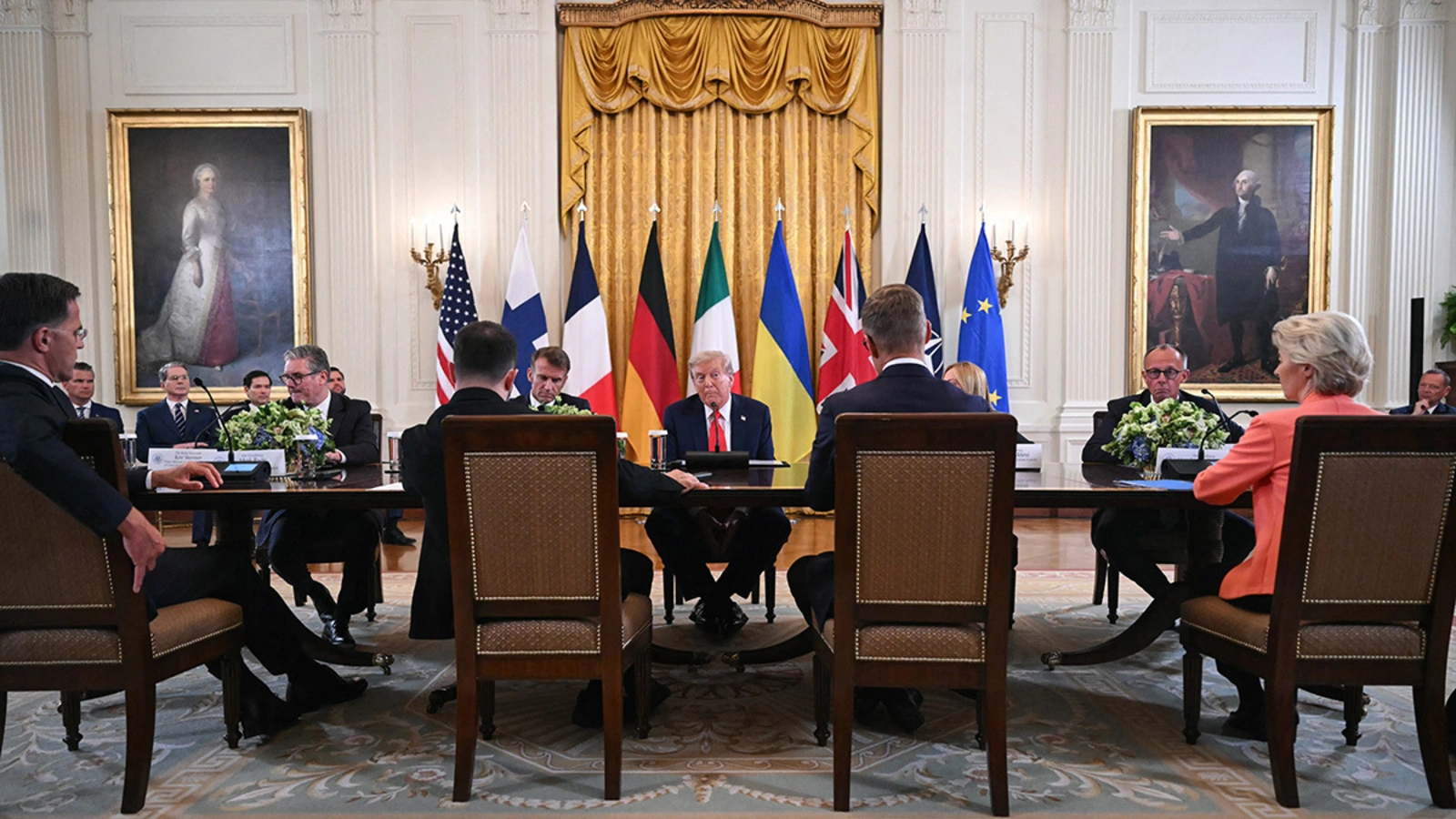
21
Aug
Trump’s Non-interventionist Security Orientation & the Shifting Responsibilities for Europe
The Russia-Ukraine conflict, which has been a global focus since 2014, reached a critical turning point in 2025, influenced by U.S. President Donald Trump’s approach of soft diplomacy. Trump’s refusal to consider Ukraine’s potential NATO membership and his acknowledgment of Russia’s occupation of Crimea signify a major shift in U.S. handling of this complex geopolitical issue. These decisions have profound implications for both the European Union and Ukraine, as the U.S. has historically been central to European defense – supporting NATO formation and deploying troops to counter Russian influence (Quillen, 2025).
Under the new U.S. policy outlined by Secretary of State Marco Rubio, the United States will not provide direct military support to Ukraine. Instead, European NATO countries are expected to purchase U.S. military supplies and then supply them to Ukraine (Tass, 2025). This arrangement imposes a substantial weight on European nations, as the European Union now carries the burden of financing Ukraine’s defense by buying military ordnance from the U.S., increasing reliance on U.S. weapons – many of which are already challenging to finance amid economic difficulties exacerbated by U.S. tariffs. Beyond this, NATO members face pressure to expand defense spending from 3% to 5% of GDP (Ferris, 2025). Consequently, the responsibility for supporting Ukraine militarily shifts significantly toward Europe.
Without direct NATO assistance, European countries face pressure to enhance their military readiness. Since Ukraine serves as a buffer zone against Russian expansion, European nations must be better equipped with defense mechanisms and greater military preparedness. Yet, there will continue to be reluctance on the part of certain European countries to risk direct confrontation with Russia by involving themselves militarily without collective NATO commitments. This situation is forging increased European military cohesion and strategic rethinking to confront the evolving security reality outside the current European Union and NATO framework.
Trump’s approach emphasizes U.S. prioritization of stability and avoidance of escalation through direct intervention, reflecting domestic pressures to focus on national security and avoid protracted foreign conflicts. Central to Trump’s policy is the explicit stance that Ukraine will not join NATO – a marked shift from prior U.S. positions and a concession aligning more closely with Russian interests.
Equally controversial is Trump’s acceptance of Russia’s control over Crimea, a position that departs from European condemnation of occupation as unlawful. While this may unsettle traditional legal norms, it also signals a willingness to negotiate peace pragmatically, even if it challenges long-standing international principles. Trump’s timing, just before a summit in Washington with Ukrainian President Volodymyr Zelenskyy and other Western leaders, appeared aimed at pushing Kyiv toward concessions. He suggested that Ukraine could end the war “almost immediately” by relinquishing NATO ambitions and claims to Crimea, placing Kyiv in a difficult position between peace and sovereignty.
President Zelenskyy and Ukrainian leaders have rejected such concessions, insisting on territorial sovereignty and the pursuit of alliances, including NATO membership. Reports indicate that Russian President Vladimir Putin may consider NATO-style security guarantees – providing enhanced security without full membership or collective defense obligations. Such arrangements could offer Ukraine protection while limiting the burden on NATO members.
Trump’s policy reflects a broader U.S. shift from direct military intervention toward diplomacy designed to negotiate balanced power dynamics. By accommodating certain Russian demands, the U.S. seeks to end the conflict while recalibrating traditional alliances and established legal norms.
The implications of this U.S. non-interventionist shift extend beyond Europe, particularly to the Horn of Africa. With reduced likelihood of direct American involvement, countries in the region – including Ethiopia, Djibouti, and Kenya – face greater responsibility for their own security. This creates incentives to strengthen domestic defense capabilities and regional cooperation mechanisms, such as the Intergovernmental Authority on Development (IGAD) security initiatives. By combining diplomatic influence with tangible defense capacity and cooperative regional arrangements, these countries can better address cross-border insurgencies, piracy, territorial disputes, and other security challenges. For Ethiopia, in particular, balancing soft power through diplomacy with robust hard power development is crucial to safeguarding national interests, protecting sovereignty, and promoting stability and development across the Horn of Africa.
By Rebecca Mulugeta, Researcher, Horn Review
References
- Joosep Värk. (2025). ‘Kaja Kallas: Europeans must get their act together.’ ERR News Report. Retrieved August 18, 2025. https://tinyurl.com/yt32hjyr
- Layla Ferris. (2025). ‘How Much do NATO members spend on defense? These are the countries that spend the most and the least.’ CBS News report. Retrieved August 18, 2025. https://tinyurl.com/3fzdepev
- Stephen Quillen. (2025). ‘Can Europe guarantee Ukraine’s security without the US?’ Al Jazeera News report. Retrieved August 18, 2025. https://tinyurl.com/bdfd73xv
- Tass. (2025). ‘US no longer gives arms to Ukraine, supplies weapons at Europe’s expense – Rubio.’ Retrieved August 18, 2025. https://tass.com/world/2004491?utm_source=twitter.com&utm_medium=social&utm_campaign=smm_social_share





